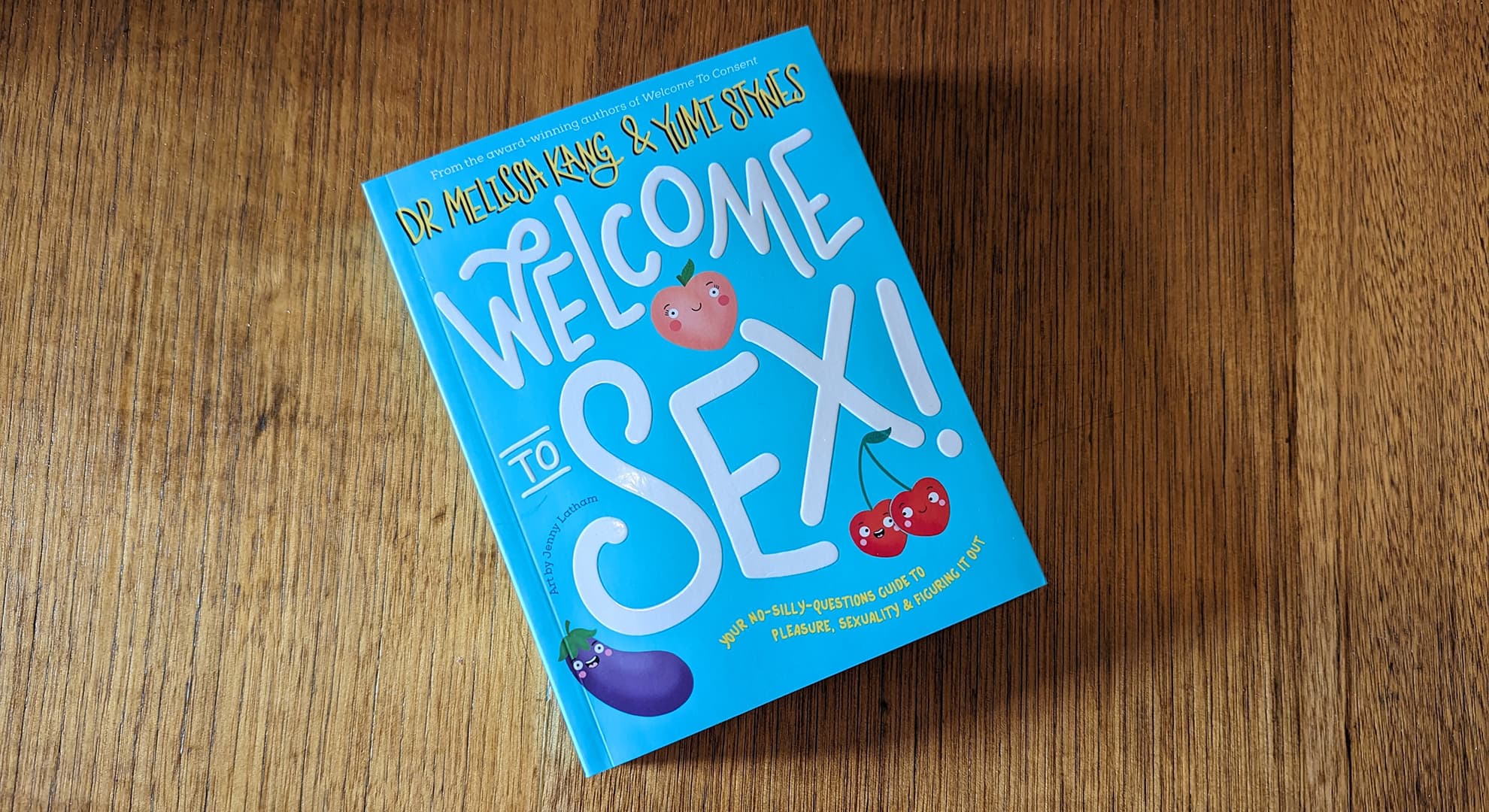Many people have become close to hysterical in recent days regarding Big W selling 'Welcome to Sex', an informative and educational book about sex aimed kids aged 10 and above.
Podcaster and ABC presenter Yumi Stynes and former Dolly Doctor Melissa Kang describe the book as a 'fun, frank guide to sex and sexuality for teens' — but its presence on shelves in the parenting section has led to outcry from some people, which has even led in some instances to abusing Big W staff over fears of exposing children to sexual content.
It has led to the book being pulled from shelves, though is still available online.
But what this crowd misunderstands is young people are craving this information and already seek it online, where there is far more risk for explicitly sexual graphic content and harmful messaging about sex and sexuality.
Those concerned also don't understand pre-teens are actually the right age to start sex education.
Our qualitative research conducted at Edith Cowan University with people aged 11-17 asks their perspectives of Relationships and Sexuality Education (RSE).
Too awkward to speak with their parents, young people were asked who they turn to for questions about sex and sexuality, with common answers including Google, online sources such as pornography, or their friends (who likely obtain their information from the former).
Teens would also acknowledge however, these sources of information were not ideal nor credible, and craved more accessible information about sex, without having to approach their parents or teachers for the burning questions they have about it.
Enter resources such as 'Welcome to Sex', a book which answers tricky, embarrassing and difficult questions.
Topics include discussing why sex is difficult to talk about, reasons not to have it, self-exploration, attraction and explanations of actual sex in practice, which teens in our study argue is currently absent from school resources and the family home.
The book did sit in the parenting section of Big W, meaning if parents were to find particular subjects within the book difficult or uncomfortable (given most of us received less than ideal sex education ourselves), then the resource can also be used to foster open conversations, where individual values about certain topics can be discussed within the family home.
Comments on the books have included, "What 10-year-old needs to learn about this? What planet are you living on?" and insisting the content is "not age appropriate at all for our little ones".
Rethinking the right time
Most parents grapple with approaching the birds and the bees talk in teenage years, however our research has found if parents leave it this long, they were often actually too late.
Young people were not as receptive to discussing sex, porn and their sexuality following the onset of puberty, as opposed to the consensus of multiple teens who felt around ten years old was the optimum time to discuss these topics.
Teens shared this was the most appropriate age to discuss increased direct information about sex, in order to feel better prepared and less traumatised when actual exposure to sexual content online (or in person) occurred.
Evidence also suggests ongoing sexuality education or open communication about sex actually delays sexual activity, rather than encourages it.
Sex education, it appears, has become a new scapegoat, but people touting unwarranted fears over sexualisation of children is an age-old phenomenon.
In the 1990s it was music videos showing too much skin, in the 1960s protestors fought against the mini skirt and the production of the contraceptive pill.
However, it appears this group is a loud minority.
A national survey by Curtin University in conjunction with national experts found the majority of parents supported comprehensive sexual information, with even more controversial topics receiving significant support, including information about masturbation (87%), gender identity (86%) and sexual pleasure (84%).
'Welcome to Sex' offers such comprehensive information, alongside playful illustrations and a welcoming tone of acceptance, providing excellent relationships and sexuality education than most of us ever had.
Indeed, many of us asked our own anonymous questions (or read others) to Dr Kang via Dolly magazine back in the day as part of our sexual exploration.
Dr Kang once again offers her expertise to answer curly questions for teens in a modern context.
Currently, pornography acts as a source of sexual information with unsafe sexual practices, lack of contraceptives or consent, and an increase in aggressive sexual acts.
Resources such as ‘Welcome to Sex’ are more important than ever in providing accurate, digestible information, which safeguards our young, promotes individual wellbeing and minimises harm.
If it’s not the right resource for your family, then by all means don’t buy it — but please, for the rest of us, leave the torches and pitchforks in the shed.
This article was originally published in The Age.
Giselle Woodley is a PhD candidate and researcher at Edith Cowan University.

 The Welcome to Sex children's education book is a valuable resource for kids and parents. Picture: Giselle Woodley
The Welcome to Sex children's education book is a valuable resource for kids and parents. Picture: Giselle Woodley


